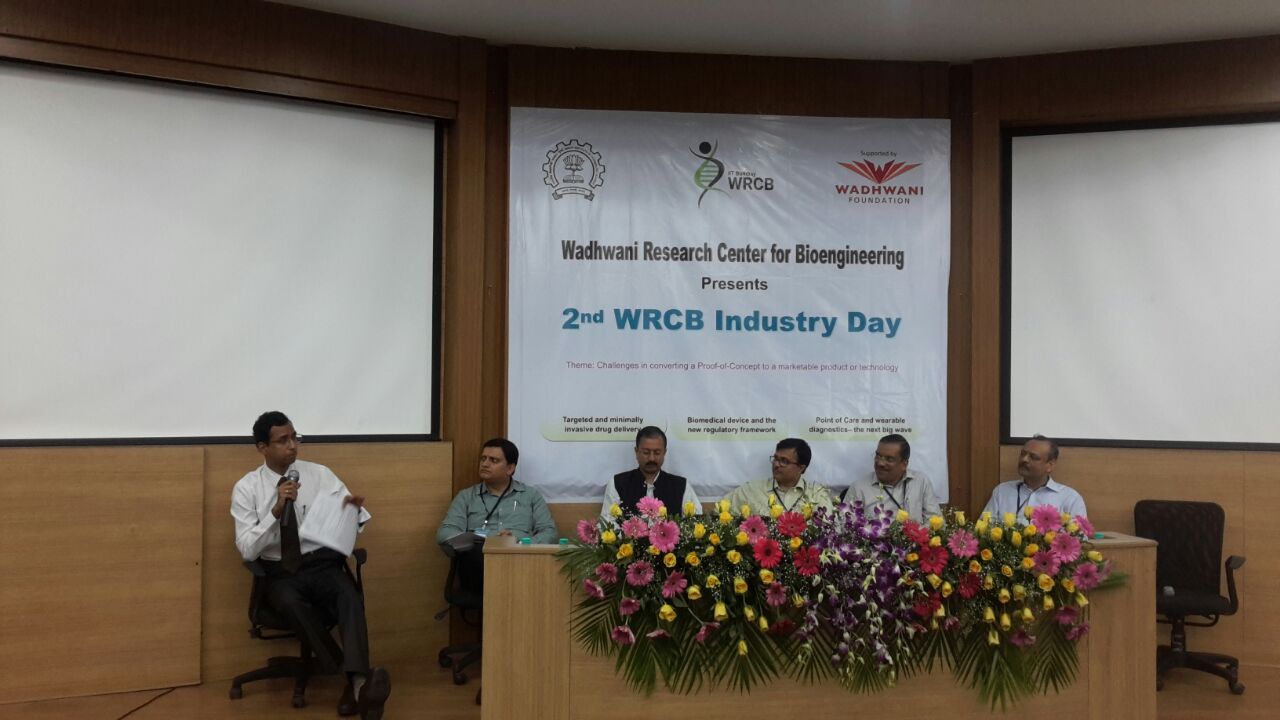

Three health IT prognosticators, who in 2005 foresaw widespread adoption of electronic health records, recently published their latest predictions for the health IT landscape over the next five years. Their perspective ran in the Journal of the American Medical Informatics Association.

Interoperability issues, they predicted, will be worked out when the buyers of EHR systems demand it. Article co-author Donald Simborg told InformationWeek that he believes the problem is not standards.
“We’ve got more standards than we can deal with,” Simborg said. “The problem is the buyers of healthcare–the hospitals, the big healthcare organizations, the integrated delivery networks. Once they see it’s in their economic interest to demand that the vendors be interoperable, that will change things. But so far, they haven’t done that.”
In response to criticism recently by Rep. Michael Burgess, M.D. (R-Texas), who asked National Coordinator for Health IT Farzad Mostashari why he didn’t just “make that [interoperability] happen,” Mostashari stressed the importance of the industry working together. “We want to really work with the industry to get consensus and accelerate this,” Mostashari said.

A recent PricewaterhouseCoopers article called interoperability key to scaling out mobile healthcare solutions–another of the predictions in the JAMIA article. Just 53 percent of doctors in the PwC survey said that mHealth applications and services they use work with their organization’s IT system, and even fewer said they are integrated with other technologies in the health system.
Simborg and colleagues said they foresee a blurring of the distinction between EHR and telemedicine. “[M]ore and more medicine will happen through the Internet,” Simborg told InformationWeek. “Lots of healthcare will happen without there being a physical encounter, and the EHR will have to cope with patient inputs a lot more. So we won’t call it telemedicine anymore.”
And despite all the hullabaloo about big data, the next five years will bring greater understanding of the possibilities for using data analytics to provide personalized medicine and the limitations of doing so, the authors said. Some health leaders have raised concerns about organizations chasing big data without a specific plan to use it to improve patient care.
Be a part of Elets Collaborative Initiatives. Join Us for Upcoming Events and explore business opportunities. Like us on Facebook , connect with us on LinkedIn and follow us on Twitter , Instagram.












